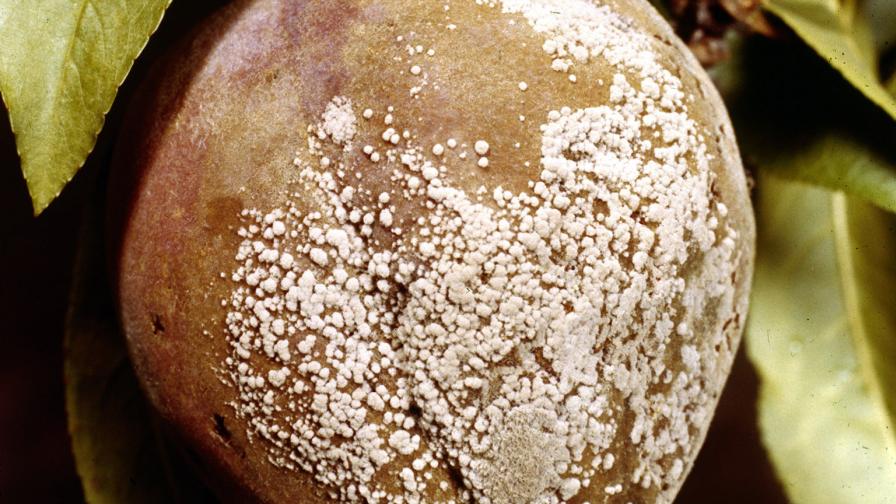Unprecedented Farm Bill Investments Will Bear Fruit
 The passage of the 2014 Farm Bill ended a protracted effort by FFVA and other agricultural organizations across the country to make sure the federal government continues to solidly invest in specialty crop agriculture. FFVA worked through the Specialty Crop Farm Bill Alliance, co-chaired by President Mike Stuart.
The passage of the 2014 Farm Bill ended a protracted effort by FFVA and other agricultural organizations across the country to make sure the federal government continues to solidly invest in specialty crop agriculture. FFVA worked through the Specialty Crop Farm Bill Alliance, co-chaired by President Mike Stuart.
The bill includes priority programs for market access and expansion, targeted research, combatting invasive plant pests and diseases, increasing consumption of fruits and vegetables, promotional tools, and infrastructure investment. It dedicates about $4 billion over 10 years to specialty crop agriculture — an unprecedented 55% increase in investment over the 2008 Farm Bill.
Passage of the bill was a big win for specialty crop agriculture and great news for consumers. It ensures that Americans will continue to have access to a plentiful supply of nutritious fruits and vegetables. It also shows that Congress understands the vital role we play in the U.S. economy and in public health.
Home Improvement
Florida producers will benefit from many of the bill’s provisions, including a commitment of $125 million over the next five years from the Specialty Crop Research Initiative specifically to fight citrus greening. And in April, USDA released $5.4 million in funding for 36 research projects aimed at fighting pests and disease.
Other programs funded by the Farm Bill of interest to Florida growers include:
- Specialty crop grants to be made available through the Florida Department of Agriculture and Consumer Services to address agricultural issues;
- $200 million per year allocated to the federally funded Market Access Program, which will help expand opportunities in international markets;
- The Fresh Fruit and Vegetable Program, with baseline funding of $150 million per year, which will help put fruits and vegetables in schools; and
- A new fruit and vegetable incentive grant program for SNAP recipients.
The bill passed partly because of the hard work of many in the industry and the leadership of the Senate and House agriculture committees. But it wasn’t an easy journey. The bill took a long — and some might say tortuous — path to passage.
The Long Road
Going into the 2012-2013 season, good progress had been made toward a new Farm Bill. The Senate and House agriculture committees each passed versions that funded priority programs for specialty crops. However, as part of a deal to avoid the budget “fiscal cliff” at the end of 2012, Congress instead extended provisions of the expired 2008 bill. Work began again in 2013. In May, the Senate and House Agriculture Committees each passed bills. In June, the full Senate passed its bill in a strong, bipartisan vote.
The “high fives” going around were short-lived, however. The House shocked the industry by voting the bill down. The setback put funding for important specialty crop programs in jeopardy. In July, the House passed a stripped-down Farm Bill that excluded the nutrition title, which encompasses the food stamp program. The industry continued to urge progress toward a five-year bill through fall 2013. Both houses appointed conferees in the fall. The conference committee completed its work in January, with the House approving the Agricultural Act of 2014 later that month and the Senate passing it in February.
In its leadership role with the Specialty Crop Farm Bill Alliance, FFVA is dedicated to ensuring that the importance of specialty crops — which account for half the nation’s crop value — continues to be recognized in federal agriculture policy.










